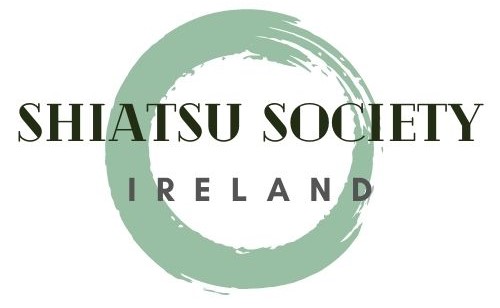Research
A study carried out by Professor Andrew Long followed 984 clients receiving shiatsu in three countries (Spain, Germany and the UK). sought to look at clients’ long-term experiences and effects of receiving shiatsu. read the report in full here
The following were some of the reasons given for looking for a Shiatsu treatment: muscle and back pain, low energy and fatigue, emotional support, menstrual pain, to reduce use of medication. The study showed that Shiatsu helps clients feel calmer and more relaxed, and expressed feeling “physically more mobile, more able to cope with things, more energised.”
During the study, client’s symptoms were significantly reduced and these reductions were maintained throughout the 6 month long study. Both new and regular users of Shiatsu felt more aware of this and felt that Shiatsu had helped maintain their health and said they were more hopeful that their problems could be helped.
Interestingly, between 45% and 64% said they took more exercise and reported changes in their diet as a result of having Shiatsu and up to 32% had made changes in their working patterns.
The key policy findings:
· Confirm the safety of shiatsu as practiced within the three countries
· Demonstrate interconnected and consistent evidence of client perceived beneficial effects in the short and longer term. These range from symptom change to lifestyle changes. The effects are maintained in the longer term (six months follow-up)
· Benefits in terms of general well-being, health maintenance, health promotion (uptake of advice and recommendations) and health awareness are notable. This suggests a potential role for shiatsu in public health
· Findings on a reduction in use of conventional medicine, medication and working days lost due to ill-health are indicative of an added value and potential economic benefit arising from shiatsu treatment
Click here to read a further study on Provision of Shiatsu in an Inner City General Practice,
Between 1999 and 2003 Dr. Zoe Pirie conducted a PhD research study on the integration of a complementary medicine clinic in the National Health Service (NHS). It described the impact of delivering shiatsu on an inner-city general practice, its GPs, patients and the shiatsu practitioner. This qualitative study was carried out as an NHS funded PhD scholarship.
In Conclusion this study’s findings revealed that GPs welcomed having more options of care, especially for patients with complex, chronic symptoms.
Patients appreciated the increased time and holistic, patient-centred approach during shiatsu consultations. Participants found the shiatsu clinic reduced consultation and prescription rates.

